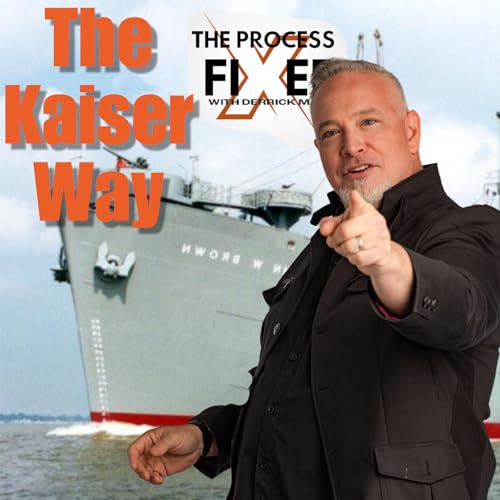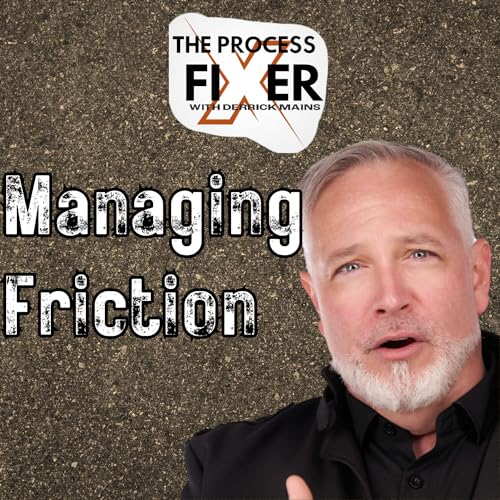In this episode, I delve deep into the concept of growth in business for 2025, emphasizing the often-overlooked importance of structure over sheer ambition. Drawing from my previous episode about Henry Kaiser’s revolutionary methods that dramatically reduced shipbuilding times, I stress the necessity of focusing on continuous improvement rather than merely setting incremental goals. By moving from a traditional goal-oriented approach to an aim-focused mindset, we open ourselves to truly transformative growth.
Using the metaphor of gardening, I encourage business leaders to visualize their organizations as a garden requiring careful cultivation. The seeds represent potential employees, and it is essential to understand that potential remains dormant until the right conditions are met. Unlike the typical Western management approach—which often involves superficial motivators like pizza parties and pep talks—I propose an action-oriented strategy that prioritizes nurturing and supporting employees. It is not enough to plant seeds; we must actively tend to them. This involves ensuring a conducive environment with the right resources, protecting our plants from pests and obstacles, and continuously evaluating their growth.
I underscore the idea that a significant percentage of business failure is attributable to how we manage our processes rather than the capabilities of our team members. Citing W. Edwards Deming, I reflect on how an overwhelming 94% of issues identified in the past stemmed from poor systems rather than human error. I challenge listeners to consider whether their organization’s struggles arise from the seeds—i.e., the employees—or if they stem from the management—the farmers. Often, the answer lies with the latter, necessitating a re-examination of management philosophies that prioritize outdated metrics and KPIs.
Transitioning into the practical implications of these ideas, I introduce concepts of resilience and organic growth within organizations. As we face imminent economic challenges predicted for the next few years, it’s crucial for businesses to prepare not just for survival but for thriving amid adversity. I advocate for adopting a mindset of resilience, where businesses equipped with robust systems will be ready to seize opportunities even as others falter.
I also introduce my upcoming book, "The System," in which I challenge traditional Western management ideologies. By advocating for a shift in focus from managing individuals to refining processes, I aim to provide a framework that aligns contemporary business practices with those that drove significant economic advancements in the past. As we navigate through changing economic landscapes, prioritizing systematic organization and cultivating a supportive environment will be essential for achieving sustainable success.
This episode serves as a call to action for business leaders to get their hands dirty, to engage proactively with their teams, and to invest in creating fertile ground for growth. By fostering a mindset oriented towards nurturing and support, we can transform our organizations from mere survivors into thriving ecosystems poised for exceptional performance. Join me on this journey as The Process Fixer. Let's reimagine business growth and resilience together.
 2025/01/2317 分
2025/01/2317 分 2024/12/1935 分
2024/12/1935 分 51 分
51 分 2024/06/1331 分
2024/06/1331 分 2024/06/0642 分
2024/06/0642 分 2024/05/3031 分
2024/05/3031 分 2024/05/0934 分
2024/05/0934 分 1 時間 24 分
1 時間 24 分